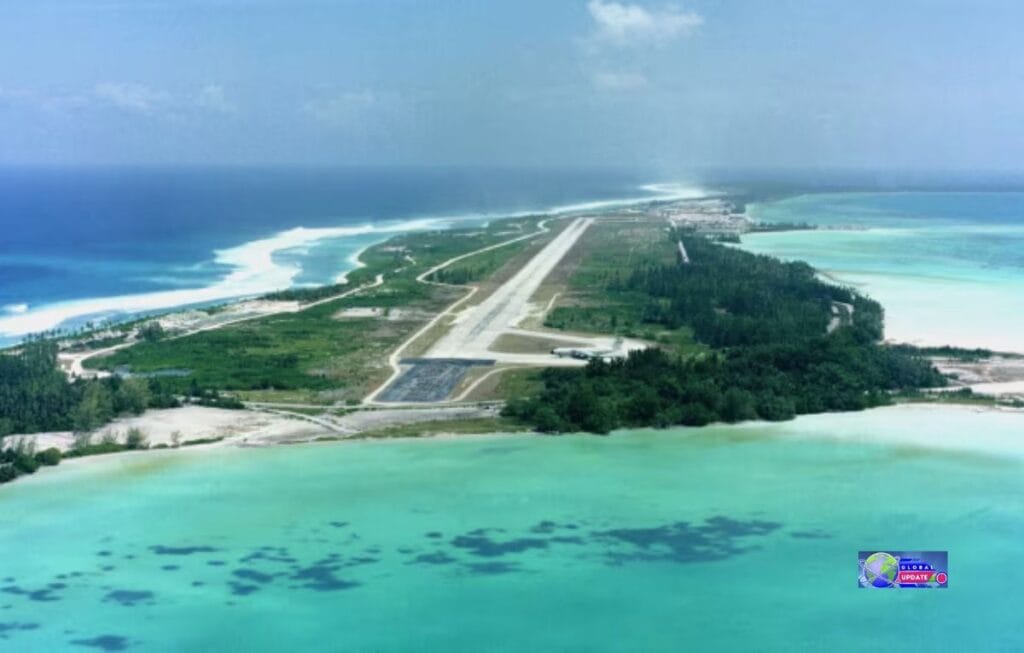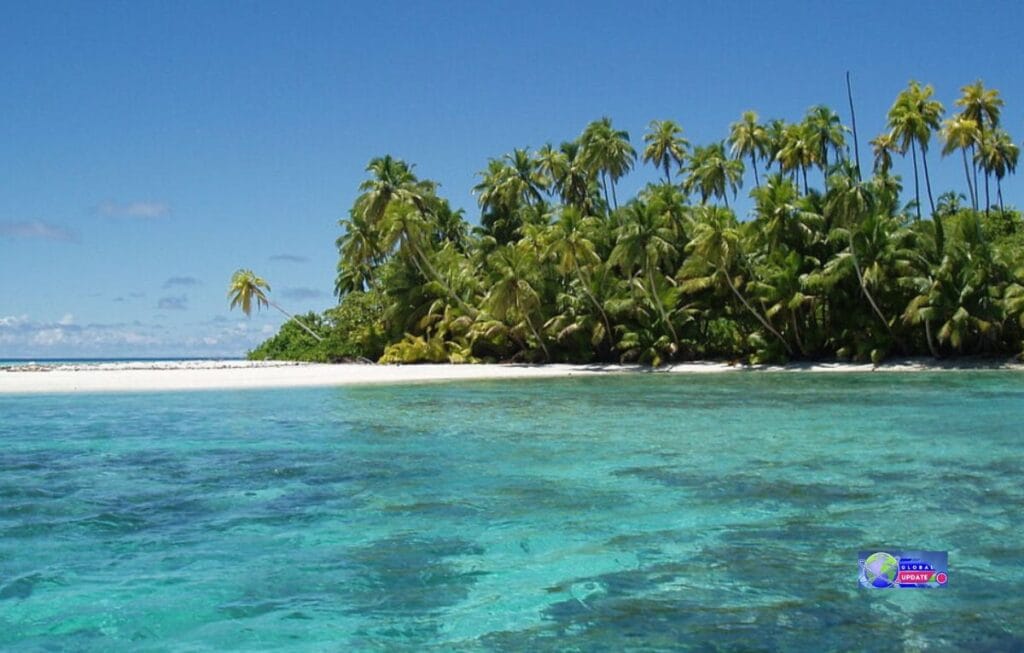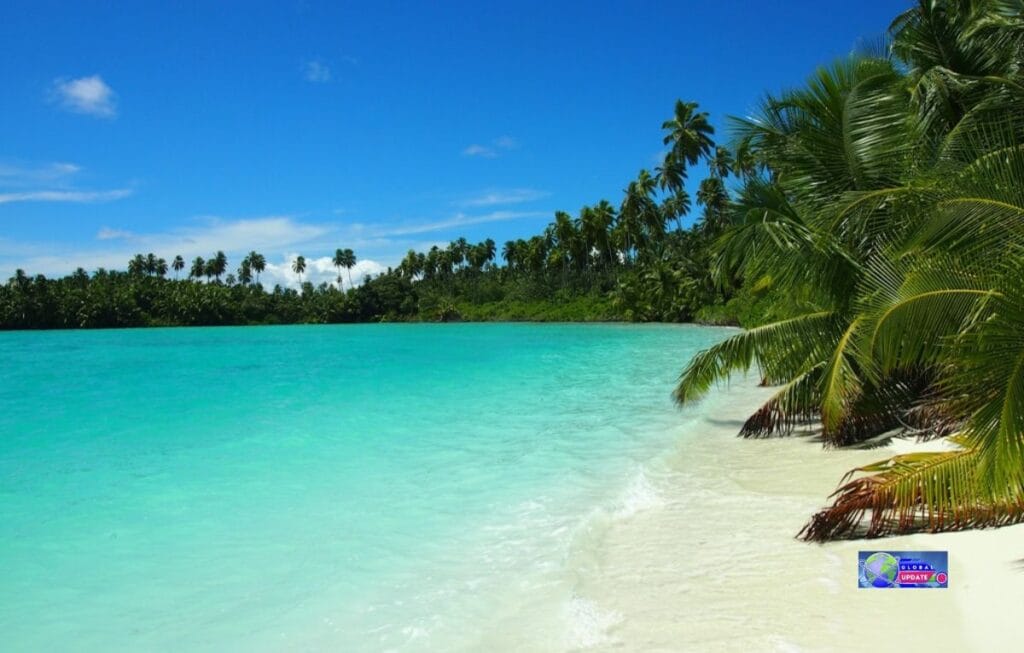The Chagos Archipelago is a remote group of over 60 small islands located in the central Indian Ocean. These coral islands form part of the British Indian Ocean Territory (BIOT), a British overseas territory.
Chagos is renowned for its pristine environment, pristine waters, and vibrant marine life, making it one of the world’s most biodiverse areas.
Yet, beyond its natural beauty lies a deeply controversial history involving colonialism, displacement, and ongoing geopolitical tension. The archipelago has been at the center of an international legal and humanitarian debate for decades.

What Is the Chagos Archipelago?
The Chagos Archipelago consists of several atolls and individual islands, covering an area of over 54,000 square kilometers of ocean. The largest and most well-known of these is Diego Garcia, which currently hosts a significant U.S. military base.
Geographically, the Chagos Islands are located roughly halfway between East Africa and Southeast Asia, about 500 kilometers south of the Maldives.
Ecologically, the archipelago includes some of the healthiest coral reefs in the world, making it an important site for scientific research and conservation.
Chagos Island—A Name Often Misused
There is no single island called “Chagos Island.” The name often mistakenly used to refer to either Diego Garcia or the whole Chagos Archipelago. In reality, the archipelago is composed of multiple islands grouped into several atolls, including
- Diego Garcia
- Peros Banhos
- Solomon Islands
- Eagle Islands
- Danger Island
Each of these consists of several islets and coral reefs that support diverse wildlife.
Colonial Legacy and Forced Displacement
The Chagos Archipelago was historically part of Mauritius under British colonial rule. However, in 1965, three years before Mauritius gained independence, the United Kingdom separated Chagos from Mauritius to form the British Indian Ocean Territory (BIOT).
This move laid the groundwork for the construction of a military base on Diego Garcia.
Between 1968 and 1973, the Chagossian people—the original inhabitants of the islands—were forcibly removed from their homes and relocated to Mauritius, Seychelles, and later the UK. The displacement led to decades of poverty, legal battles, and appeals for the right to return.
The Legal and Political Dispute
The UK’s continued control over Chagos has faced challenges over the years. In 2019, the International Court of Justice (ICJ) ruled that the UK’s administration of the archipelago is unlawful and that it should be returned to Mauritius. The United Nations General Assembly also passed a resolution in favor of this decision.
Despite these rulings, the UK continues to maintain control over the territory, citing defense agreements with the United States, especially concerning the strategic importance of the Diego Garcia military base.
Biodiversity and Environmental Significance
In 2010, the British government declared most of the Chagos Archipelago a Marine Protected Area (MPA), covering around 640,000 square kilometers of ocean. It has helped preserve endangered marine species such as
- Green turtles
- Hawksbill turtles
- Coconut crabs
- Various species of reef fish and coral
Critics, however, argue that the MPA was established to block resettlement by Chagossians, a claim that remains part of the ongoing legal debate.

Chagos Today: A Place of Beauty and Conflict
Today, Chagos is simultaneously viewed as:
- A military stronghold vital to Western security in the Indian Ocean,
- A biodiversity hotspot of global environmental importance,
- It is a symbol of injustice, representing the struggles of displaced indigenous communities.
Despite the islands being off-limits to the general public and devoid of permanent civilian residents (other than military personnel), the global conversation about Chagos remains active in the spheres of human rights, international law, and environmental ethics.
Conclusion
The Chagos Archipelago is more than just a stunning group of coral islands. It is a place where the lines between environmental conservation, geopolitical strategy, and human rights intersect.
As the world becomes more aware of the legacy of colonialism and the importance of indigenous rights, the case of Chagos continues to challenge global conscience and international diplomacy.



